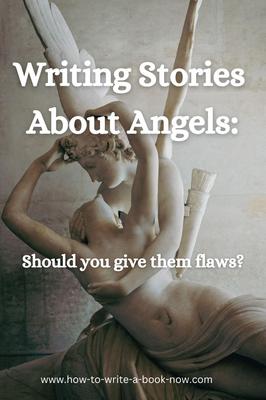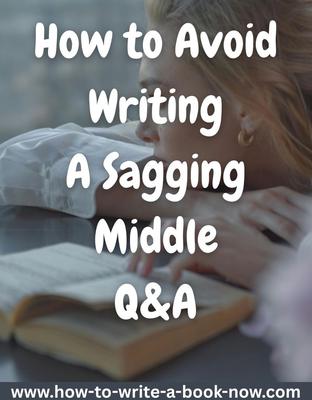Flashbacks in psychological thriller.
Question: The main character in my psychological thriller has amnesia. I had scenes where other characters have flashbacks about parts of his life that he does not know. Would it be better to reveal what happened to him as he learns it? Also, I was recently at a writers' conference and they told me it's best to wait to give exposition or flashbacks until page 50. Does this ring true or is it okay to put them in before that?
Answer: The simple truth is that it really depends on your story.
The reason you would consider having flashbacks in another character's point of view would be to create dramatic irony - where the reader knows something the main character does not.
This can be useful if you want to show your main character making a mistake or being duped by someone and have the reader know what's really going on.
However, the downside of this approach is that it weakens the intimacy between main character and reader. The reader would not be seeing the story strictly through the eyes of the main character. Having more knowledge than the main character puts the reader a step closer to an omniscient perspective. So would seeing parts of the story through the eyes of other characters.
Neither choice is right or wrong and you can find plenty of successful novels that use either technique.
The other thing to consider is how and when you want to solve the mysteries
On the other hand, you could create a situation where the reader knows something terrible is about to happen and sees the main character walking obliviously into danger. That can also create some dramatic tension.
Regarding the 50-page guideline, again you have to decide what's more effective for your story. Some people find flashbacks disconcerting early on because they want to connect with the main character in the present and get involved in the present situation. Too much flashing back in the early chapters can undermine the present story.
However, there are flashbacks and there are flashbacks. Some flashbacks are brief one-paragraph passages that hardly interrupt anything, and others are entire chapters or even several chapters that create major detours from the present day story.
You may want to show your actual manuscript to people whose opinion you trust and see if they think your flashbacks are helpful or a nuisance.
Regarding exposition, you probably should avoid long passages of exposition in the early chapters - or indeed anywhere. Readers tend to skip over these anyway. It's usually better to insert little bite-sized pieces of exposition where they are needed throughout the book than to give big chunks.
Comments for Flashbacks in psychological thriller.
|
||
|
||
- Home
- Genres
- Genre Questions
- Flashbacks in psychological thriller.















